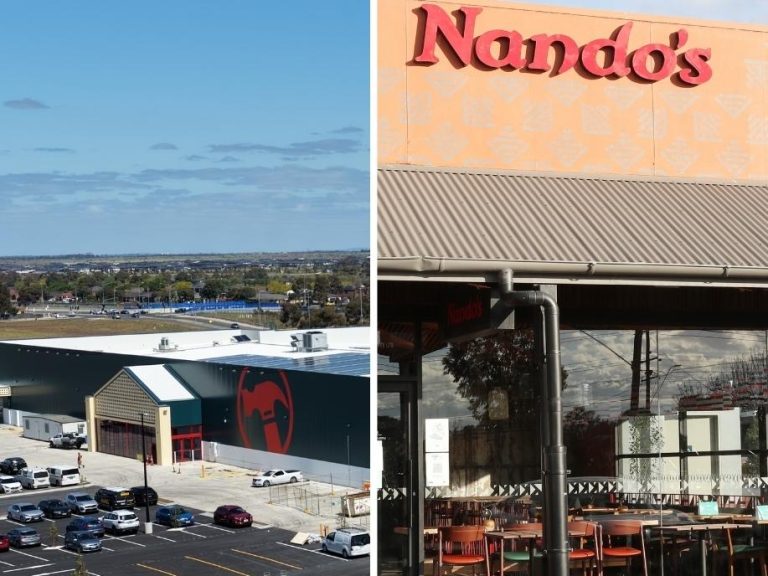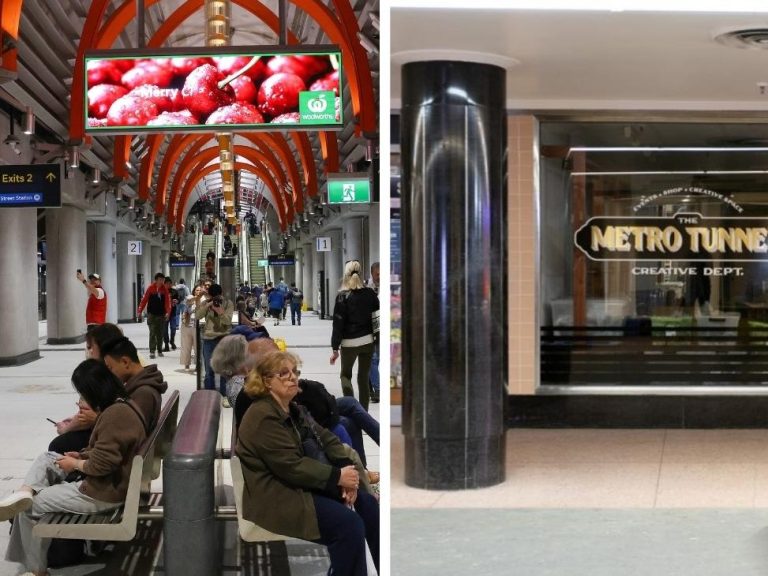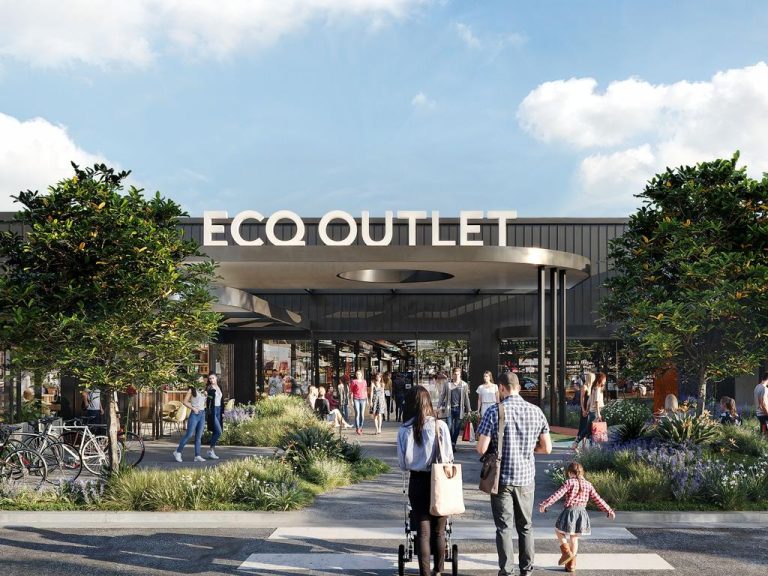Complete guide to commercial leases

Commercial tenants should always double-check property leases before signing them.
Taking the time to scrutinise this key document will ensure you don’t miss crucial clauses and unexpected details.
Industry experts also advise commercial tenants to obtain independent financial and legal advice.
What should I look for in a commercial lease?
Expect your commercial property lease to include details on rent and rent renewals; lease durations; outgoings and costs; fit-outs; make good clauses; security bonds and more.
But tenants should be aware that there is no standard commercial lease, according to Metropole CEO and founder, Michael Yardney.
He added that while COVID was allowing tenants to ask landlords for lower rent rates or rent-free periods, commercial leases were designed to protect landlords, rather than tenants.
“Tenants have the right to negotiate on any and all conditions,” he said.
1. What should I check in the lease’s rental section?

Obtain independent financial and legal advice before signing a commercial tenancy lease. Picture: Getty
Ensure the property’s rental rate is based on market value and when this rate will be reviewed.
“As a tenant, you’ve just got to be careful about what the rents are, and to check if they’re realistic,” Mr Yardney said.
Commercial tenants need to also double-check how often – and exactly how – their rent will be reviewed.
Mr Yardney said while rental reviews were carefully stipulated in commercial leases, there were often several conditions as to how and why rates would change.
“Sometimes, these conditions will include the rent being along the lines of the Consumer Price Index [CPI] but no less than 2% or 3% beyond this,” Mr Yardney explained.
“For very big leases for supermarkets, rental reviews can be based on the percentage of the property’s turnover.”
Rental reviews, or increases, could also be in the form of a fixed percentage increase, according to Shane Wall of Stanton Hillier Parker.
“As a lot of commercial leases are longer than 12 months, annual increases are inserted into the lease,” the sales and leasing company partner explained.
2. What are my options for lease durations?
Mr Yardney recommends long-term tenancies for their current and future security.
“If you don’t have security of tenure … then your business isn’t worth as much,” he said.
“There is no downside to having a longer lease because you don’t have to take up the option (to lease for longer) when the lease expires.
“And the upside is that you can stay and have security, or if you decide to sell, you can offer the purchaser the security of a business home.”
Mr Yardney added that unlike residential leases, commercial tenants – rather than their landlords – made the final decision on whether or not to renew a lease.
“The option is with the tenant to renew, not the landlord,” Mr Yardney said.
“The landlord can’t force you to renew so there’s no reason not to put in as many options as you can into the lease.
“Your landlord wants you to stay as long as possible and if you’re an established business, you’ll want that too.
“But if you’re new, maybe you’ll want a smaller, or shorter, lease.”
3. What are commercial property outgoings?

Commercial tenants should ensure they allow for standard outgoings costs, such as tax, council rates and utilities. Picture: Getty
Outgoings are the additional costs that commercial tenants must pay along with their rate, including council rates, taxes and utilities.
“While most building outgoings are covered under the rental amount, items and consumables such as electricity, water usage, internet and cleaning are covered by the lessee or tenant,” Mr Wall explained.
Commercial tenants with properties in small buildings or shopping centres may also have to pay managing agent fees, strata costs, and marketing and promotional costs, Mr Yardney said.
“You should make sure you know what you’re in for and be aware of what you’re up for, even though these costs are usually not negotiable,” Mr Yardney said.
While the majority of commercial leases included standard outgoings costs, some points that will surprise tenants, such as the legal costs of preparing a tenant’s sub-lease.
However, Mr Yardney added that landlords must pay for the costs of repairing a building’s structural issues.
“If the roof leaks or the windows break or the toilet doesn’t flush, these are the landlord’s expenses,” he said.
“But painting, repainting or refurbishing is usually the tenant’s responsibility.”
While outgoings can confuse first-time tenants in particular, Mr Yardney advised that all such costs are documented on a commercial lease.
“So, just be aware of what your responsibilities are,” he said.
“Some of these costs you have a right to make a fuss about and others you haven’t.”
4. What is permitted use?
All commercial leases have a permitted use clause, which is a combination of two things: what a tenant is allowed to do within a local government area zone, and what the landlord will allow you to do, Mr Yardney explained.
“One of the things you should make sure of is that you’re allowed to do what you choose to do [with your business],” Mr Yardney said.
“For example, in some industrial areas, you can’t run a retail business.
“Tenants should make sure that they have as wide of a potential range of permitted uses as the government zoning allows, so if you choose to get out [of your business], you can easily pass on the lease to somebody else.”
5. What other lease details should I be aware of?

Check the permitted use clause on your commercial lease to ensure you’re allowed to do what you choose to do. Picture: Getty
As with residential leases, the commercial tenancy market requires a security bond or guarantee, and a condition report, which will help with the essential make good clause.
What does a security bond entail?
“There are two ways that landlords ask for bonds,” Mr Yardney explained.
“It’s either a cash amount or sometimes a bank guarantee.
“But because most commercial properties are leased by a company, the landlord would usually ask for a personal guarantee of the performance of the company as well.”
Mr Wall added that any bond security cash, or outstanding monies owed by the tenant for unpaid rent or property damages, is returned to the tenant when the lease expires.
What should I know about condition reports and make good clauses?
“It’s recommended that you get a detailed condition report from the landlord or property manager at the start of the lease before you occupy the premises,” Mr Wall said.
“This will help reduce the risk of any issues in relation to the make good clause at the end of the lease.”
A make good clause is prevalent in a lot of commercial leases and sets out exactly how the tenant should leave a property when the lease comes to an end, Mr Wall explained.
He said while the clause can lead to disagreements between landlords and tenants, an extensive condition report will help reduce any such arguments.







